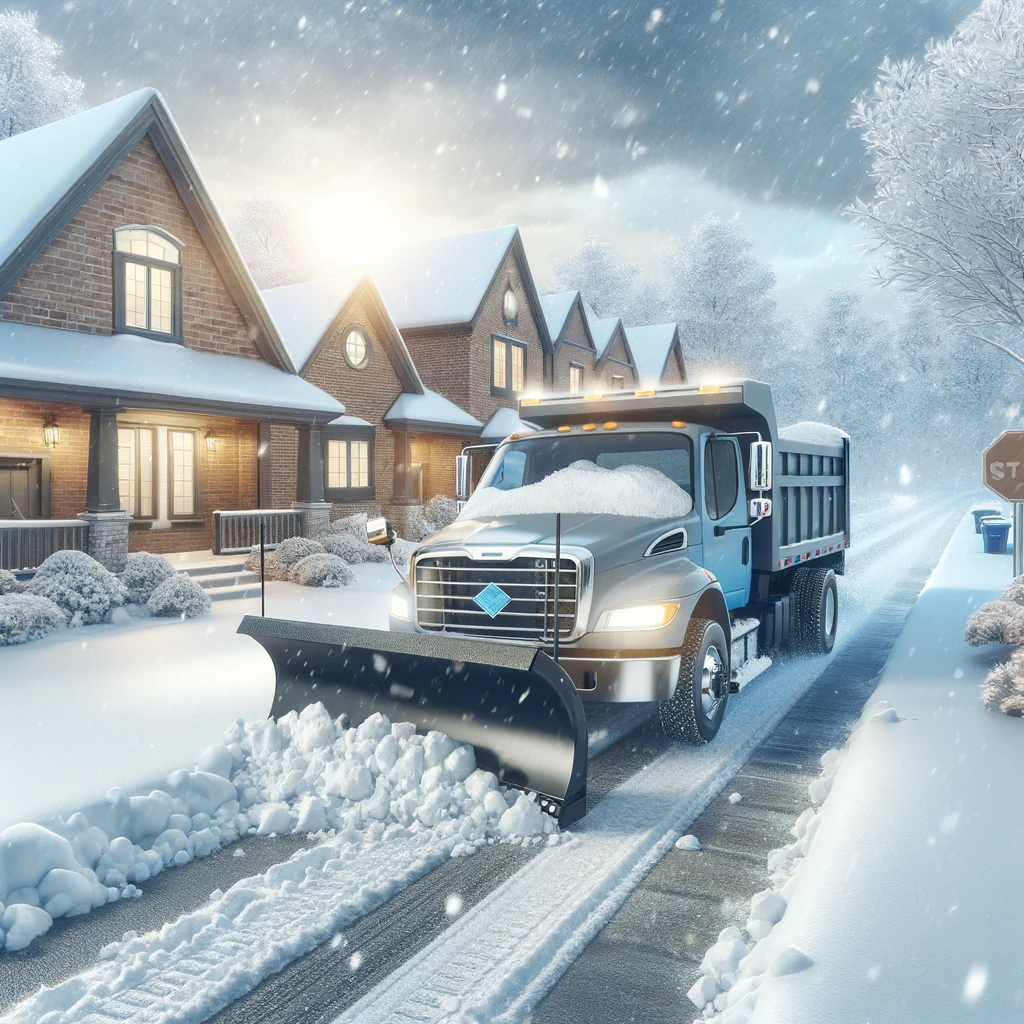The Ultimate Guide to Snow Plowing Contracts: Ensuring Winter Readiness

In regions where winter brings heavy snowfall, securing a reliable snow plowing service is not just a convenience—it's a necessity. For property owners, businesses, and municipalities, understanding the nuances of snow plowing contracts can be the difference between a safe, accessible property and one that's fraught with winter hazards. This in-depth guide delves into the essential components of snow plowing contracts, offering insights into what property owners should look for and expect from these agreements.
The Importance of Snow Plowing Contracts
Snow plowing contracts are critical for ensuring timely and efficient snow removal. They provide a clear framework for service expectations, including the scope of work, response times, and payment terms. These agreements help mitigate risks associated with snow accumulation, such as slip and fall accidents, inaccessible emergency exits, and blocked driveways or parking lots.
Key Components of a Snow Plowing Contract
Service Description: A detailed account of the services provided, including plowing, shoveling, salting, and de-icing. It should specify the areas to be serviced, such as driveways, parking lots, sidewalks, and entryways.
Trigger Depth: The minimum snow accumulation (e.g., 2 inches) that will trigger plowing services. This ensures clarity on when services will be rendered.
Response Time: How quickly the contractor will respond after the snow reaches the trigger depth. This is crucial for maintaining access and safety.
Payment Structure: Snow plowing contracts can vary in their payment structure—some charge a flat seasonal rate, while others bill per event or based on the amount of snowfall.
Duration of Agreement: The start and end dates of the contract, typically aligning with the winter season in your area.
Liability and Insurance: Clarification of liability for damages and verification of the contractor's insurance coverage.
Additional Considerations
Equipment and Materials: The contract should specify the equipment to be used and any materials (e.g., salt, calcium chloride) included in the service.
Special Requests: Conditions for handling special requests or areas that require particular attention.
Renewal and Termination: Terms for contract renewal and conditions under which either party can terminate the agreement.
Choosing the Right Contractor
Selecting a snow plowing service requires due diligence. Research potential contractors' reputations, request references, and verify their insurance and licensing. A reliable contractor should have a clear understanding of local regulations and the experience to handle your property's specific needs.
Legal and Regulatory Considerations
Snow plowing contracts must comply with local laws and ordinances. Property owners should be aware of any municipal requirements for snow removal and ensure their contract reflects these regulations. For more information on legal and regulatory considerations, property owners can consult resources like the American Public Works Association or local government websites.
Best Practices for Drafting Snow Plowing Contracts
Clarity and Detail: Ensure the contract is clear and detailed to avoid misunderstandings. Use plain language and define any technical terms.
Flexibility: Consider including provisions that allow for adjustments based on actual snowfall and winter severity.
Document Communication: Keep a record of all communications with the contractor to resolve any disputes that may arise.

Create & Review Your Contracts 10x Quality and Ease
Lawyer-level AI handles all your contract needs, with real lawyers providing safeguarding support

Educational Resources
For those looking to further their understanding of snow removal practices and contract management, educational resources from reputable institutions can be invaluable. Websites like the Snow & Ice Management Association (SIMA) offer guides, best practices, and courses on snow management.
Conclusion
Snow plowing contracts are essential tools for ensuring that properties remain safe and accessible throughout the winter months. By understanding the key components of these contracts and conducting thorough research on potential contractors, property owners can establish effective partnerships that stand up to the challenges of winter weather. With the right preparation and knowledge, navigating the complexities of snow plowing contracts can lead to a safer, more manageable winter season for all involved.
Incorporating clear, detailed agreements with reputable, experienced contractors ensures that when winter's worst hits, your property remains safe, accessible, and compliant with local regulations. This guide provides a solid foundation for understanding and negotiating snow plowing contracts, paving the way for a worry-free winter season.

